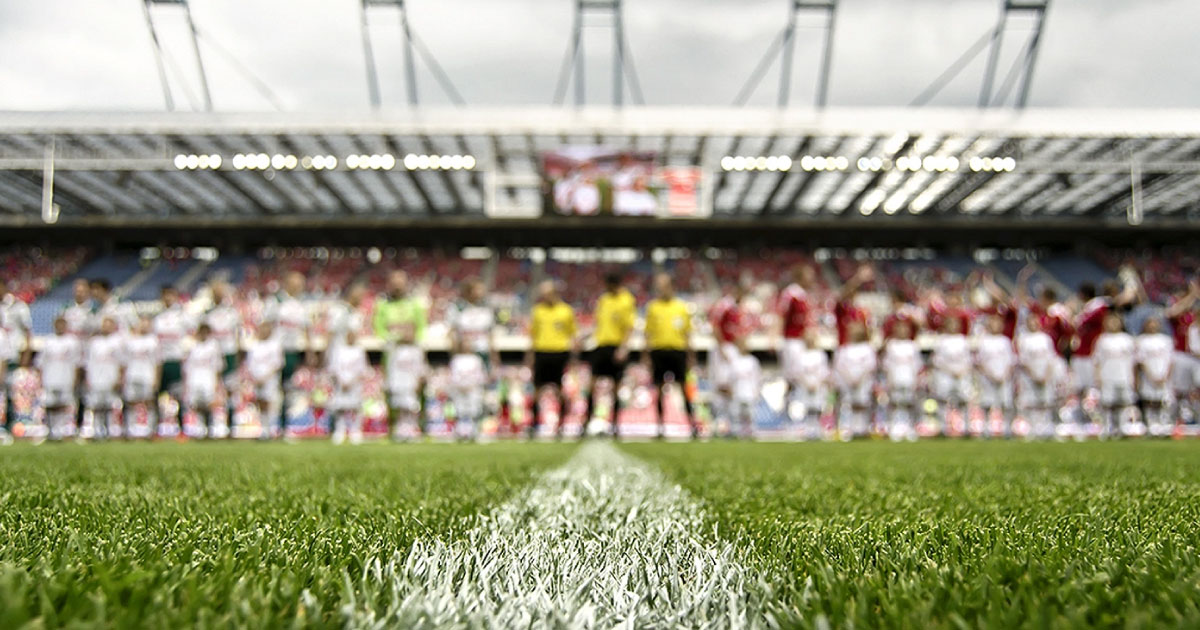How can we analyze the fan segment from an industrial standpoint? And, above all, how can we leverage the visceral passion for a club to generate new sources of value? This was the main theme of the panel How fans will look like in the future, scheduled at SFS24. On stage, alongside journalist Anna Maria Baccaro, were the two Deloitte Monitors Luigi Capitanio and Andrea Cabiati.
Starting from a market analysis conducted on around two thousand fans worldwide, very interesting data emerged, useful for all stakeholders in the football industry. These span multiple fronts, providing a picture of the contemporary football fan that has radically changed compared to just twenty years ago.
First of all, it is worth remembering that the concept of a traditional team is expanding; new paradigms – such as women’s teams and eGames – are gaining more and more space within the value proposition offered by clubs, arousing growing interest. Furthermore, a lot of attention is paid to content consumption and the infrastructure theme: the new generations require targeted and personalized content that is short and spaced out, no longer being willing to sit in unevolved or poorly modernized stadiums.
“Fans see football as a tool to promote social inclusion and corporate social responsibility, which is why they expect coordinated and systematic approaches not only from clubs but also at an institutional level“, said Capitanio.
Modernizing stadiums is therefore an essential element in any club’s strategy, both to improve the matchday experience and, especially in Italy, in view of Euro 2032. Meeting fan demands, in fact, leads to a tangible return on investment. But what are the most common and important trends or assets for fans? Certainly, food and beverage, along with all those services that can be useful to evolve the experience and take it to the limits of entertainment. But also training labs, with new fans wanting to live more exciting experiences and be closer to their sporting idols.
The analysis also focused on the potential future evolutions of the football industry, offering a wide range of potentially revolutionary solutions for the entire sector. For example, the new generations are showing a growing interest in revisiting playing times – hoping for the introduction of effective time – and gamification or club membership initiatives to amplify their sense of belonging to a community.
Finally, the issue of sustainability was also mentioned, equally felt by both younger and older fans. The shared request is to move beyond the concept of environmental sustainability, also including issues related to commercial and financial areas.
HOW FANS WILL LOOK LIKE IN THE FUTURE, THE DELOITTE ANALYSIS
How can we analyze the fan segment from an industrial standpoint? And, above all, how can we leverage the visceral passion for a club to generate new sources of value? This was the main theme of the panel How fans will look like in the future, scheduled at SFS24. On stage, alongside journalist Anna Maria Baccaro, were the two Deloitte Monitors Luigi Capitanio and Andrea Cabiati. Starting from a market analysis conducted on around two thousand fans worldwide, very interesting data
Deloitte’s annual review of football finance 2024
BOLSTERED BY THE 2022 FIFA WORLD CUP, REVENUE IN THE EUROPEAN FOOTBALL MARKET GREW BY 16% IN THE 2022/23 SEASON TO €35.3 BILLION. The 2022/23 season proved to be a story of momentum shifts, in the first season since 2018/19 unmarred by COVID-19 effects, with a pause halfway through the club season for international play. While the overall market grew to €35.3billion, the ‘big five’ leagues continued to proportionately lead the way, contributing €19.6 billion (56%). The start of the Premier League’s new




